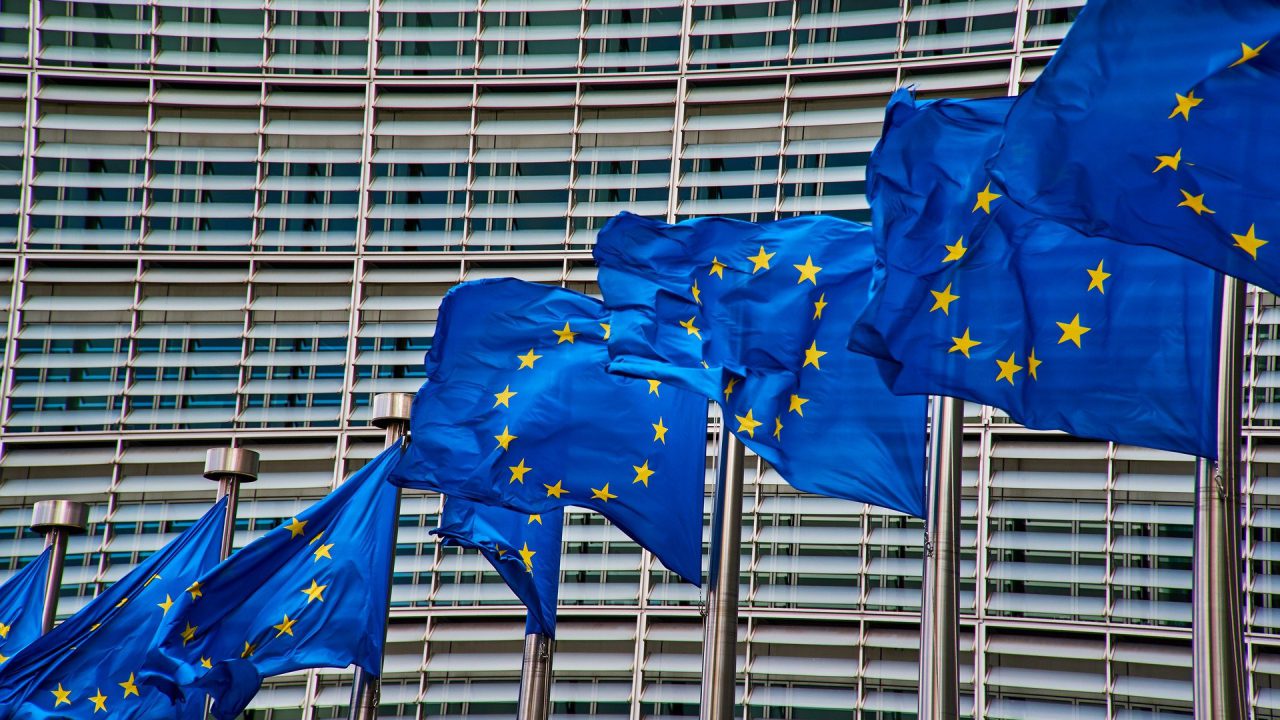A report by the European Commission Joint Research Centre (JRC) on the EU’s Farm to Fork Strategy – which was published in August – was actually ready for publication almost eight months earlier, in January, European media reports have claimed.
European media network Euractiv claims to have seen documents showing that a provisional publication date for the JRC’s report was slated for the end of January.
This is apparently cited in a note -dated January 13 – addressed to Commissioner for Agriculture Janusz Wojciechowski from the commission’s Director-General for Agriculture Wolfgang Burtscher.
The note stated that the JRC report had been signed-off on by the Directorate-Generals for Health and Food Safety; Climate Action; Environment; and Agriculture.
The Euractiv report also claimed that the note said “careful interpretation of these results is needed”.
The JRC report was ultimately published in August, at a time when the European Parliament was in recess.
A commission spokesperson told Euractiv that there was no “hidden agenda” and that the report was delayed due to “shortcomings” relating to “the ability to capture dynamic situations such as changes in consumer behaviour as they reflect recent shifts in dietary trends”.
The spokesperson also said that the JRC report was published when it became clear that these issues would not be able to be addressed “in a reasonable timeframe”.
Despite being published at what is perceived as being a ‘quieter’ time of year, the JRC report nonetheless generated some controversy, with one farm organisations here in Ireland saying it had revealed “a hole in the heart” of the Farm to Fork Strategy.
The Irish Creamery Milk Suppliers’ Association (ICMSA) said that the report predicted that emissions reductions from agriculture in the EU would be “drastically reduced” as food production switches to parts of the world with lower or no comparable environmental standards.
The ICMSA also drew attention to the report’s conclusion that the strategy would “inevitably result in EU farmers’ incomes being cut as they go through a challenging transition to lower production levels and lower yields”.
Similar concerns were also raised by COPA-COGECA, the umbrella group representing European farmers and agri-cooperatives.
The group noted that the JRC report found that reductions in emissions would be “erased by a sustainability leakage to third countries”.
“Whatever the scenarios considered, the effect of these strategies will be an unprecedented reduction of EU production capacity and of its farmers’ incomes” COPA-COGECA said.
